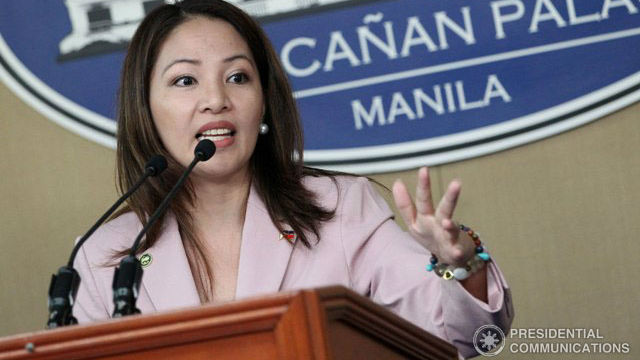The Cordillera Regional Development Council (RDC-CAR), together with the Cordillera Philippine Information Agency (PIA-CAR) and the Office of the Presidential Adviser on the Peace Process (OPAPP), met with Assistant Secretary Ana Marie Rafael-Banaag of the Presidential Communications Operations Office (PCOO) at the Malacañan to explore strategies on advancing the Cordillera regional autonomy agenda.
The meeting was held to gain insights on how to facilitate the passage of the Cordillera Autonomy Organic Act filed as Senate Bill 1678 and House Bill 5343, as well as to gather recommendations on how to increase awareness and understanding on the regional autonomy agenda.
Asec. Banaag committed support to the regional autonomy advocacy, and promised to drum up attention and backing to the Cordillera’s pursuit of self-determination, especially at the national level.
Moreover, Asec. Banaag emphasized that the campaign on regional autonomy should focus on the youth. She underscored the capability of the youth sector in advancing the autonomy agenda and recommended conducting a Youth Camp for the training of young volunteers as Autonomy Information, Education and Communication (IEC) speakers. She also proposed enhancing engagements with the academe, particularly with schools in Cordillera.
The conduct of a National Media Caravan was also mulled as a possible activity to bring the regional autonomy agenda to the national stage.
In addition, Asec. Banaag highlighted the powerful role of social media in furthering the campaign for regional self-determination. She stressed that social media platforms should be fully utilized in order to expand the reach of the campaign.
Asec. Banaag’s commitment, as well as the insights gained from the meeting, are expected to boost the Cordillera’s campaign for regional autonomy. The said campaign is spearheaded by the RDC-CAR through the Cordillera National Economic and Development Authority (NEDA-CAR) with partners from local government units, regional line agencies, state universities and colleges, and civil society organizations.
By Jared Jeric B. dela Cruz














